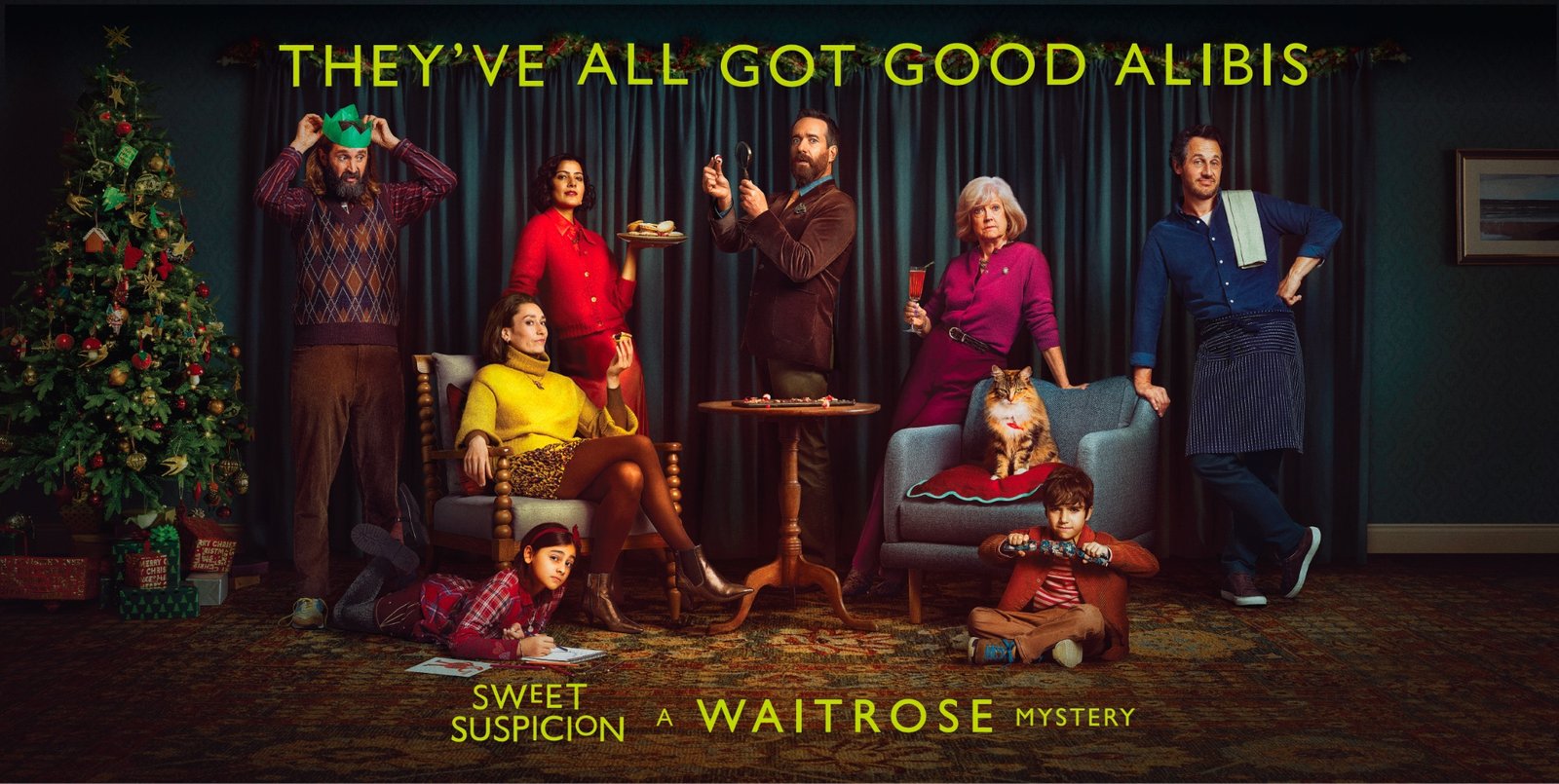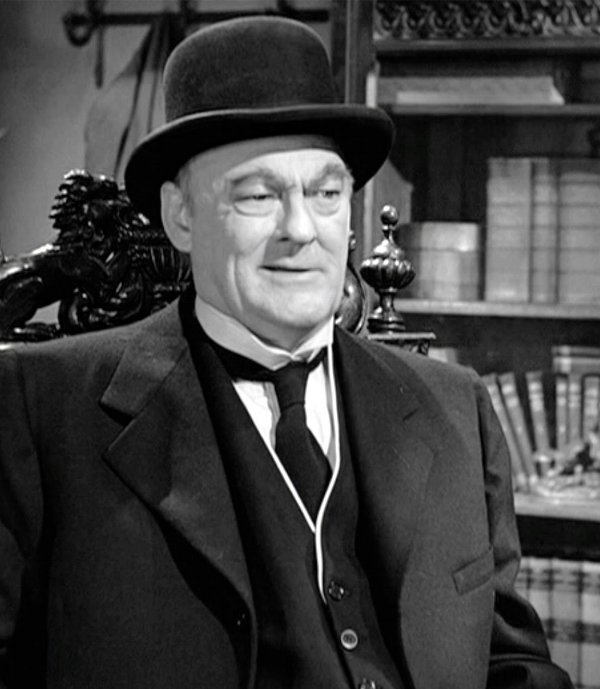Get In Touch
hello@untangld.co
Get In Touch
hello@untangld.co
Follow
|
LinkedIn

We use cookies to make sure you have the best experience on our website. Fear not, we don’t sell your data to third parties.


There’s about a 1 in 2 chance you’ve felt it, too. Every year on January 26th. In the lead up to and aftermath of the Voice referendum. In highly charged comments sections of anything discussing Israel or Palestine. We’re not as polarised as the US, but 45% of us reckon Australia is more divided today.
Funnily enough, it’s not the government or media we’re turning to in these troubled times. In Australia, according to last year’s Edelman Trust Barometer, we trust the media less than we do the government. Yet trust in business holds. Around the world, there’s a growing expectation that companies can and should step up in society – 86% of people even expect CEOs to step in and do something about strengthening our social fabric.
Surely this is good news for social purpose-driven companies. An opportunity for brand activism to reach a wider audience, a chance to have earth-changing impact. With a direct line of communication in social media, too, speaking out isn’t just possible – there’s now no excuse not to. Green light, right?
Last year in the US, beer brand Bud Light’s decision to feature a trans influencer in social content escalated quickly. Really quickly. The next thing it knew, Kid Rock was going viral for shooting at Bud Light cases, and Anheuser-Busch InBev was attributing a 10% quarterly revenue drop to Bud Light volume decline.
Meant as an act of inclusiveness, taken as unwelcome virtual signalling, weaponised as the latest example of #gowokegobroke in a frenzy of internet rage.
It’s not just in America – over here, just a few weeks ago, you’ll remember stores were vandalised and boycotts called when Woolies announced it wouldn’t sell Australia Day tat.
While Bud Light (and Woolworths, to a lesser extent) knowingly waded in on a hot button issue, Coca-Cola caused unintentional controversy some years back when they partnered with WWF on the Arctic Home program to protect polar bears – long-time mascots of Coke. Climate change sceptics accused Coke of a political agenda, and nervous retail partners refused to show the campaign in store.
Damned if you do mean to, damned if you don’t.
What once united us, now divides us. Support for Black Lives Matter now sits at 51% in the US, down from 70% two years ago. And while over half of Americans today may support companies speaking out on climate change and mental health, fewer want them to wade into the heated debates on racial issues, LGBTQ+ affairs, abortion and international conflicts. Perhaps surprisingly, this pattern holds true across age brackets.

When more is politicised and polarised, how should brands navigate the minefield and skirt the off-limits – and is it worth the risk? Certainly, 54% of Australians would tell you it’s impossible for businesses to avoid being political on contentious societal issues. 41% of APAC marketers agree that brands can’t avoid getting pulled into political controversies anymore. In fact, 13% of those surveyed by WARC say the best strategy is to drop all purpose-driven strategies and political positions.
With Forrester reporting a dip for the first time in four years in the number of surveyed adults who say they “regularly purchase from brands that align with their personal values”, is having a social purpose even worth it?
While it can be easy to get weighed down by all the doom, gloom and outrage, it’s worth brands taking a step back and asking if – and why – social purpose matters to them.
Maybe it’s a unifying force for employees. Maybe social purpose has been deeply entwined with your product or service from the start. And while social purpose can certainly be a strategic tool for attracting audiences, it’s not always used as one. Just ask Ben & Jerry’s, who believe that the job isn’t always to say what’s popular, but “to make popular what needs to be said.”
A good way to think of social purpose is like a spotlight brands can use to illuminate issues important to them. Brands can choose how widely they cast their light, as well as how brightly they shine it. But once the spotlight’s on, brands as the light source suddenly become a lot more visible.
These are some of the questions we would ask brands wanting to shine a light:
Why turn your light on?
What value will social purpose create for your brand?
Where will you point your spotlight?
How do your conviction, your expertise, and your audience’s interests/needs intersect?
How can you make your purpose cut through – especially if you’re a brand that’s been built around it?
How bright and how widely?
Are you meant to be an activist, an innovator or an ally?
What will you commit to?
How will you keep your light on?
How will you do the work to be a conscious and authentic presence?
How will you stay in tune with culture?
How will you avoid getting burnt?
How will you scenario plan for potential backlash?
How can you be a unifying rather than a divisive force when you do speak out?
More and more, people demand strong opinions of brands. But in polarised times, perhaps the emphasis should be on ‘loosely held’. After all, to be open to discussion is a good if increasingly rare thing, and to be vulnerable is to reclaim our humanity even as we temporarily drift apart.
By Lauren Stoeckel
—
At Untangld, we’ve helped countless truly purpose-driven brands like Local: Residential, ROCC Naturals and Pleasant State connect their social purpose with commercial growth. And if you’re in it for real, we’d love to speak to you.
Illustration by Katie Carey








